Scars are a natural part of the healing process, but they can often be a source of concern for many. Whether it's an acne scar, surgical scar, or a keloid, selecting the right scar therapy cream can significantly improve the appearance of scars. Here’s how to identify the best scar treatments to suit your needs and achieve the best results.
Understand the Type of Scar
The first step in choosing the right product is understanding the type of scar you’re treating. Different scars, such as keloid scars, hypertrophic scars, atrophic scarring, and stretch marks, respond to different treatments. For example, hypertrophic and keloid scars are raised and may benefit from silicone treatment, while facial scars and acne scars often require gentler formulas that suit sensitive skin. Knowing the severity of the scar and whether it's old or new will also guide you in finding the most effective solution.
The Role of Silicone in Scar Therapy
Products containing medical-grade silicone are among the most effective options for scar reduction. Silicone scar gels and silicone scar sheets help reduce the appearance of scars by keeping the area hydrated and protected. This topical silicone creates a barrier that helps lock in moisture, which can soften and flatten the scar over time. For older scars and new scars alike, silicone-based treatments have been shown to be effective in improving texture and reducing redness and discoloration.
Key Ingredients to Look for When Choosing a Cream
In addition to silicone, ingredients like vitamin E, collagen, and spf protection are essential for optimal results. Vitamin E can help brighten the skin and reduce appearance of discoloration, while collagen promotes skin regeneration. Products with SPF 30 are especially beneficial to cover your scar and protect it from UV damage, which can worsen the appearance of scars. Ointments or creams that keep the area moist can also support healing during the early stages of scar formation.
Matching Therapy Cream to Your Needs
For raised scars, such as keloid scars, choose a product specifically designed to soften and flatten them. If you’re addressing stretch marks, cosmetic surgery scars, or acne scars, opt for products that cater to those specific concerns. Those with sensitive skin should prioritize formulas labeled as hypoallergenic or dermatologist-tested.
For a more intensive solution, consider silicone scar gel or silicone sheets. These are great for acne and surgical scars, as they can reduce the appearance of old and new scars alike. Advanced formulas with medical-grade silicone are particularly effective at reducing scars and keloids while promoting even skin tone.
Application Tips for Best Results
To get the best results, consistent application is key. Follow the product’s instructions and ensure you keep the area moist. Using OTC products with an advanced scar treatment gel can significantly improve outcomes when combined with proper care. For added protection, always use products with SPF 30 to shield your scar from further discoloration.
Consulting a Dermatologist
If over-the-counter options don’t seem effective, consider consulting a dermatologist. They can recommend treatment for your scar tailored to your skin type and specific needs. Whether you’re dealing with redness and itching or appearance of old scars, a professional’s advice can help improve your treatment strategy.
Conclusion
Selecting the right scar therapy cream depends on understanding your unique needs and prioritizing key ingredients like silicone and vitamin E. With consistent use and attention to detail, scars can fade, soften, and become less noticeable over time. Remember, the journey to effective scar management takes patience and the right care approach.
The new device is already available in our online store. An electric mask for removing wrinkles from the face is your reliable assistant in the fight for youth and beauty of the skin. Turn self-care into a pleasure and enjoy visible results after the first procedures!
Key Takeaways:
- Understand the type of scar (e.g., keloid scars, acne scars, etc.).
- Opt for products with medical-grade silicone, vitamin E, and SPF 30.
- Use silicone scar sheets or scar creams and treatments for the best results.
- Protect scars with SPF and keep them moisturized.
- Consult a dermatologist for advanced solutions if needed.
This balanced approach will help you find the most effective cream and reduce the appearance of scars effectively.

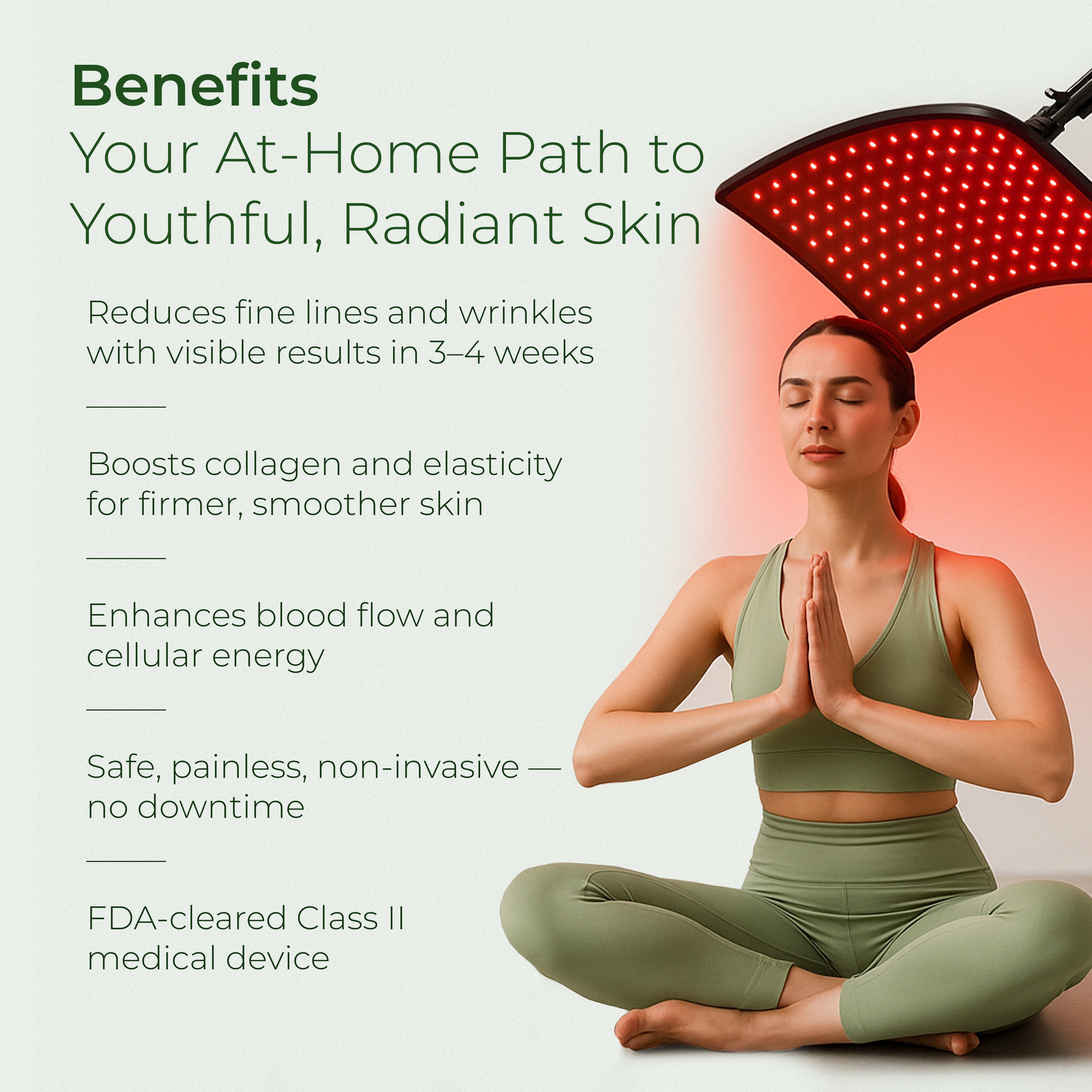
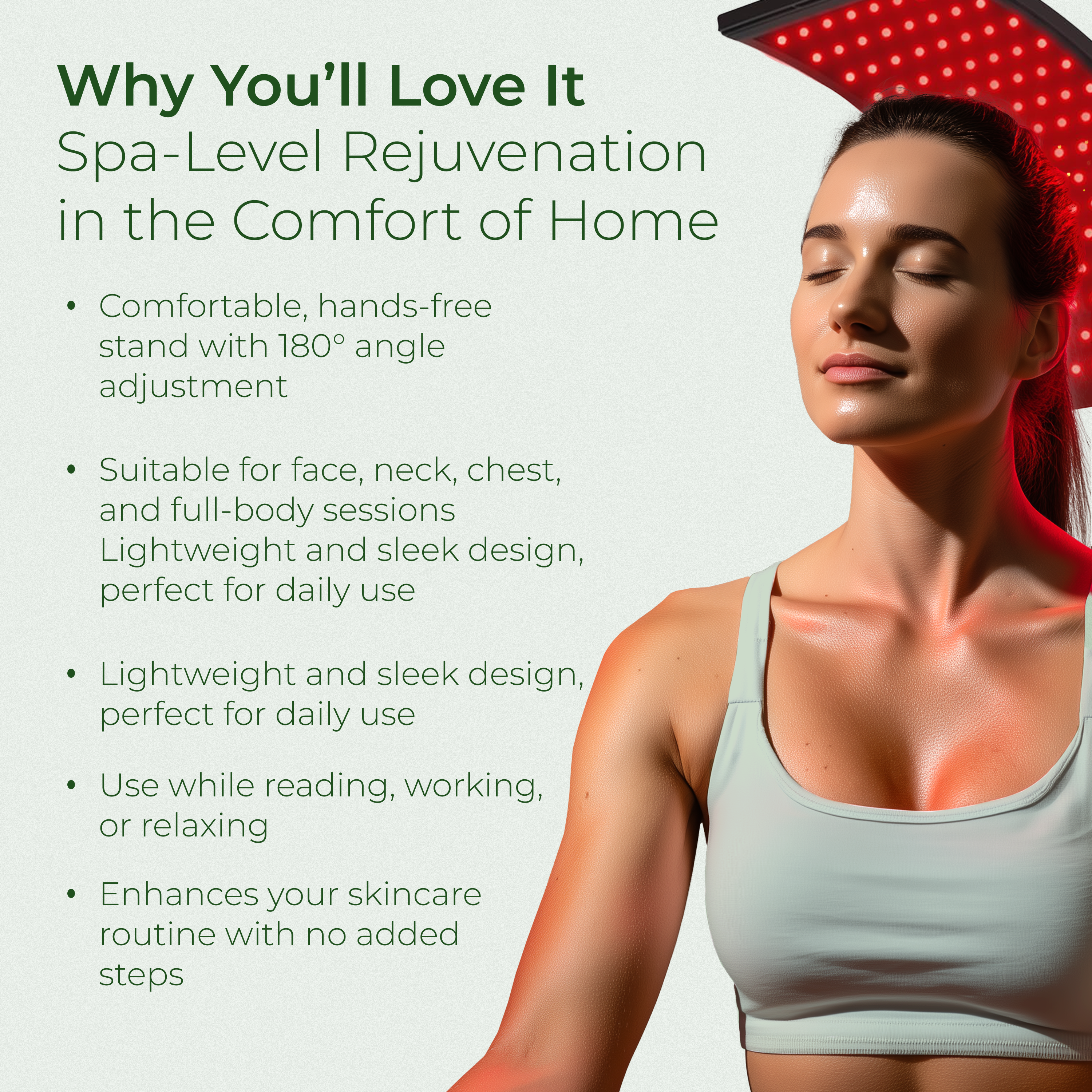
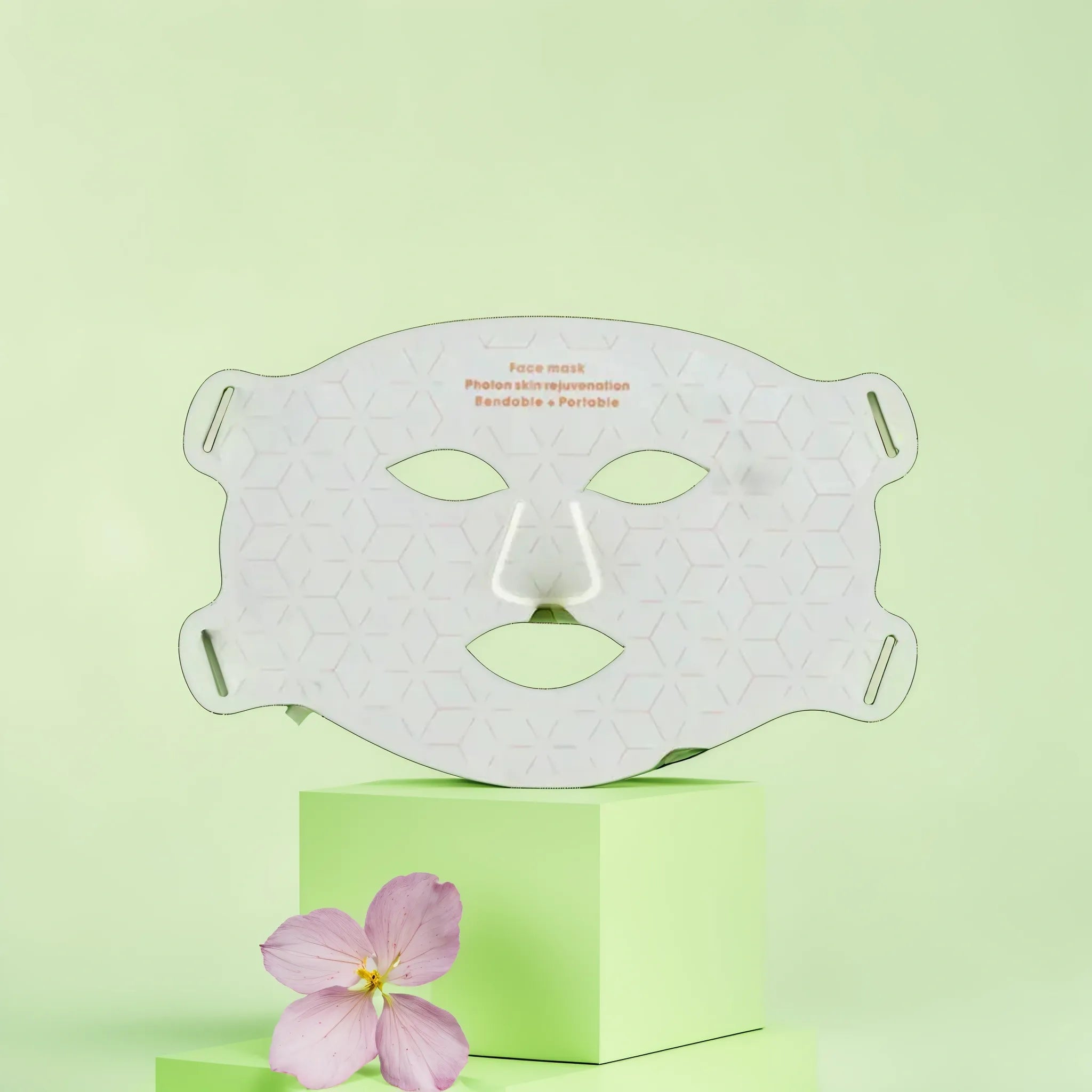
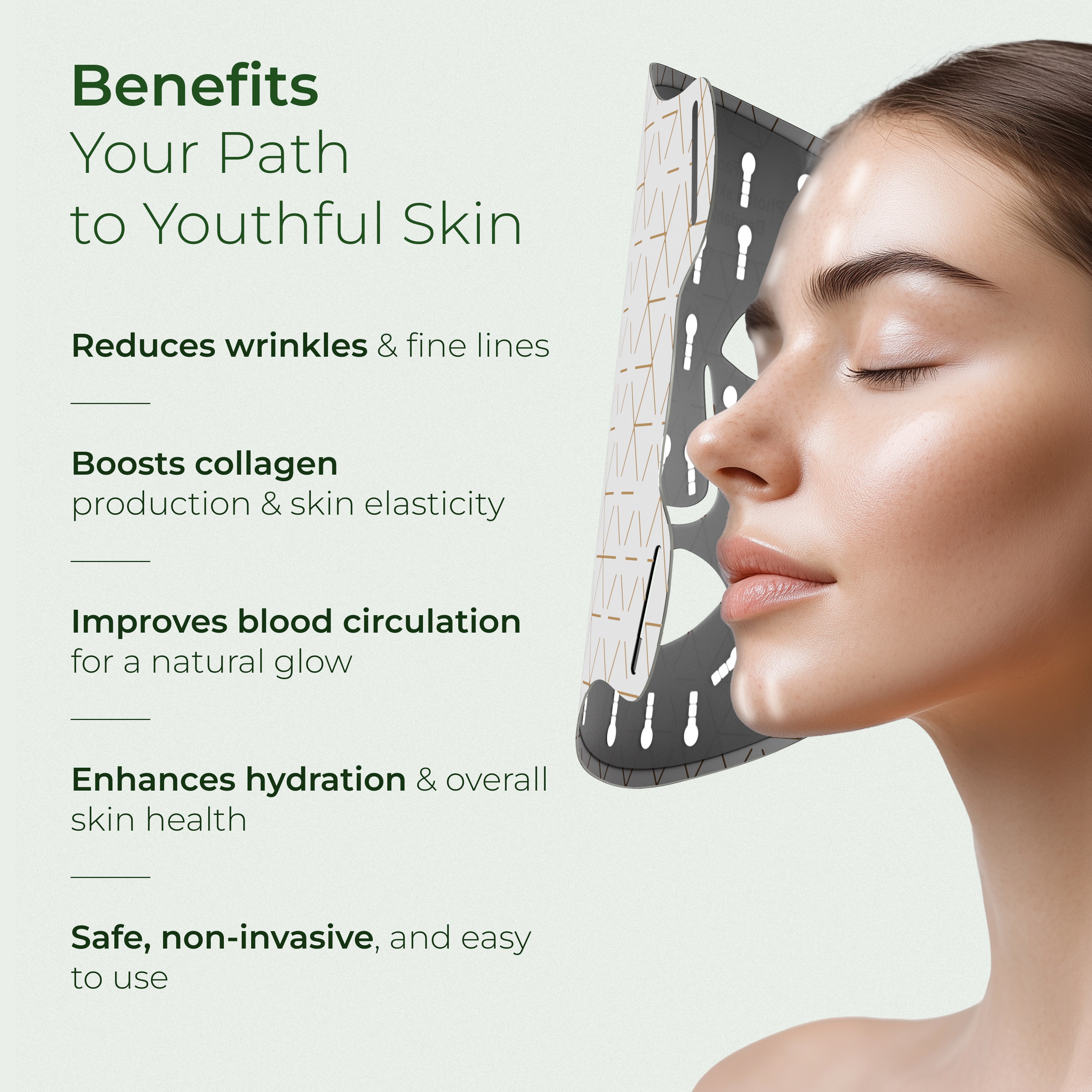


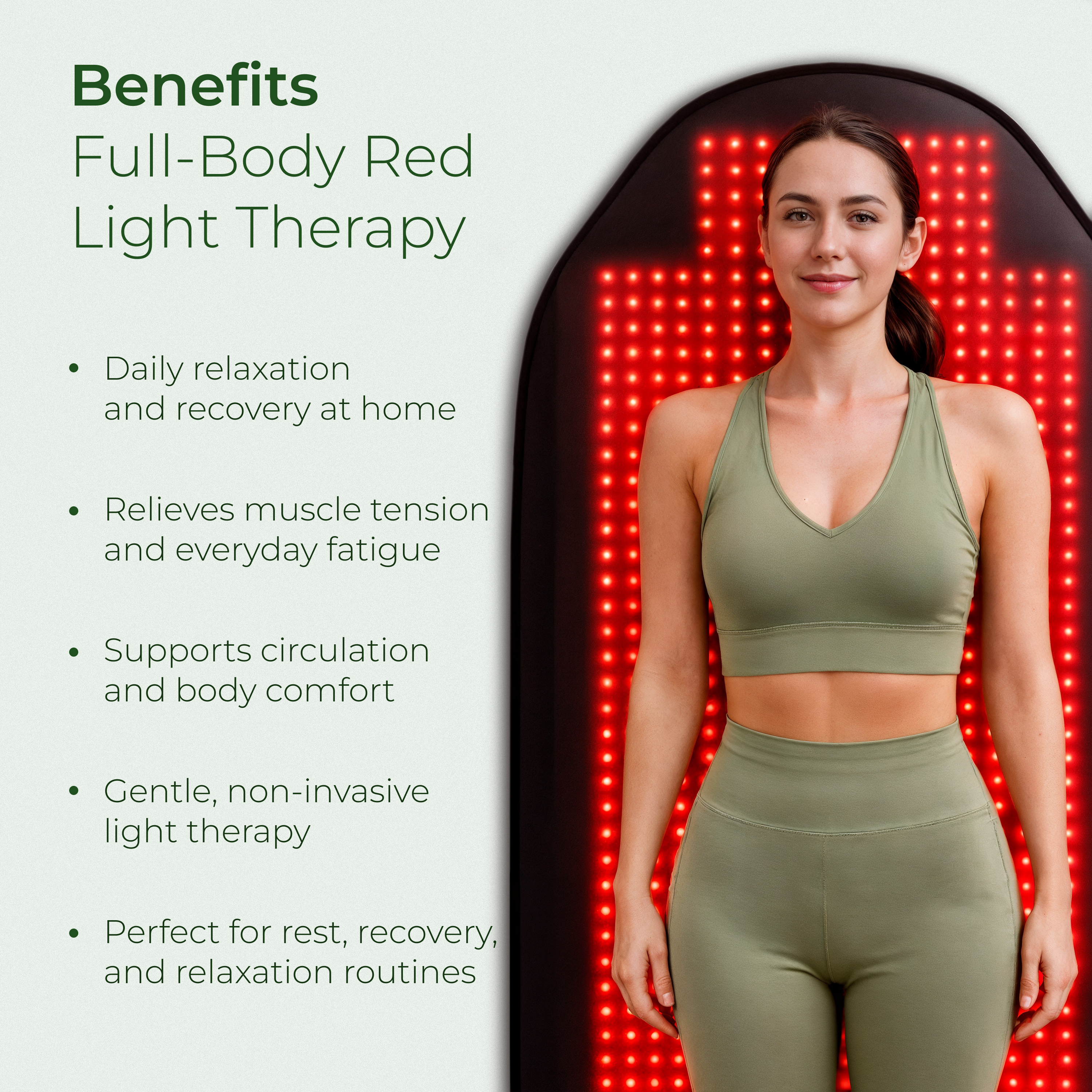
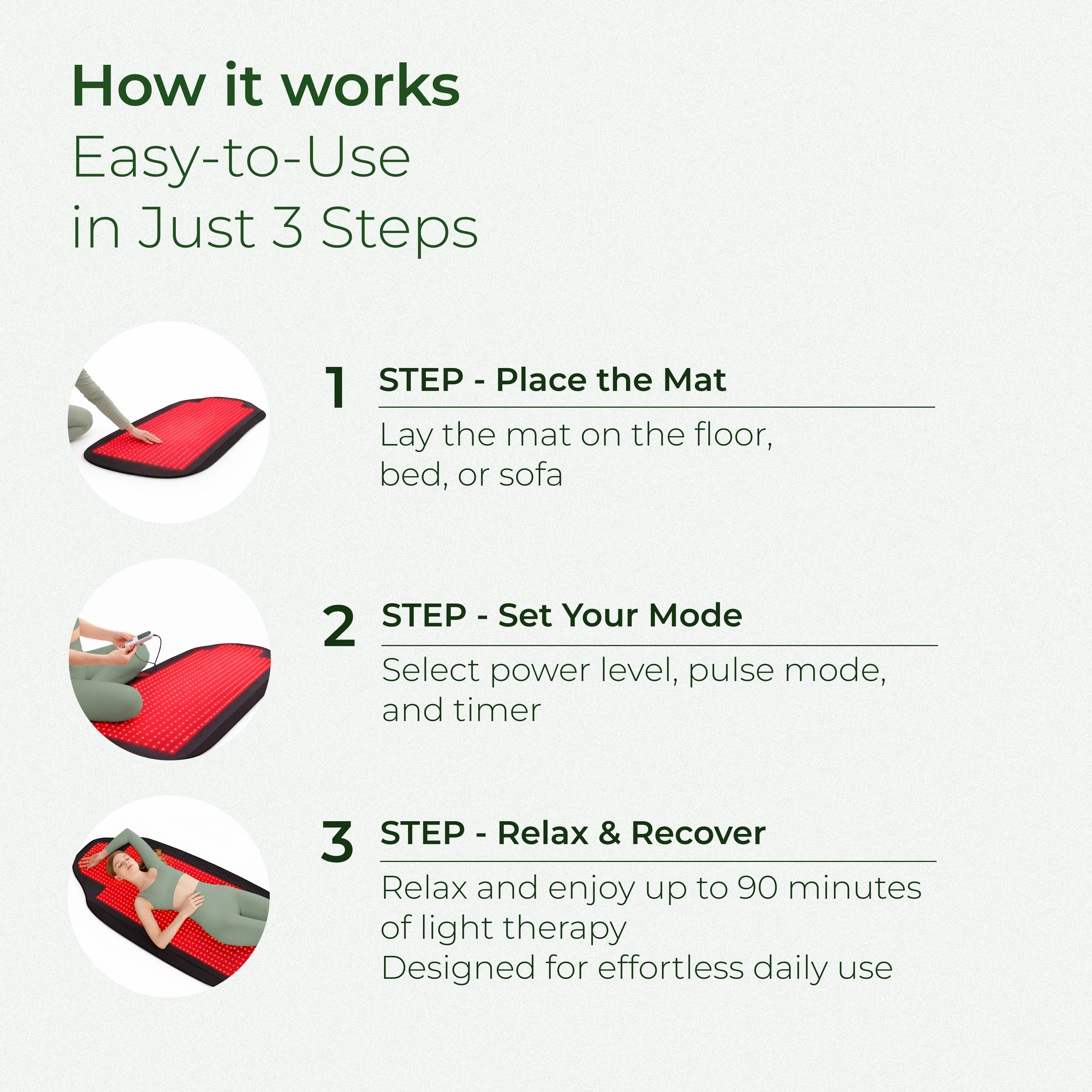
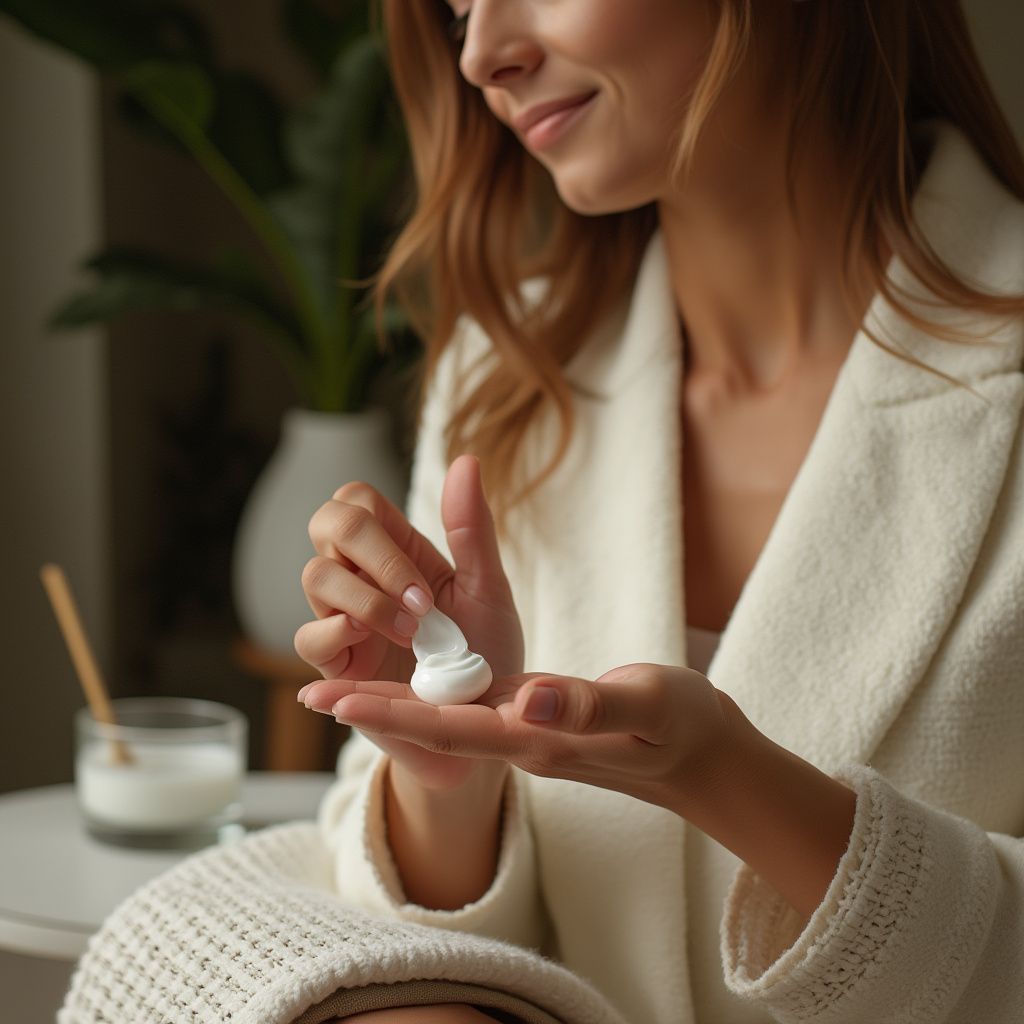
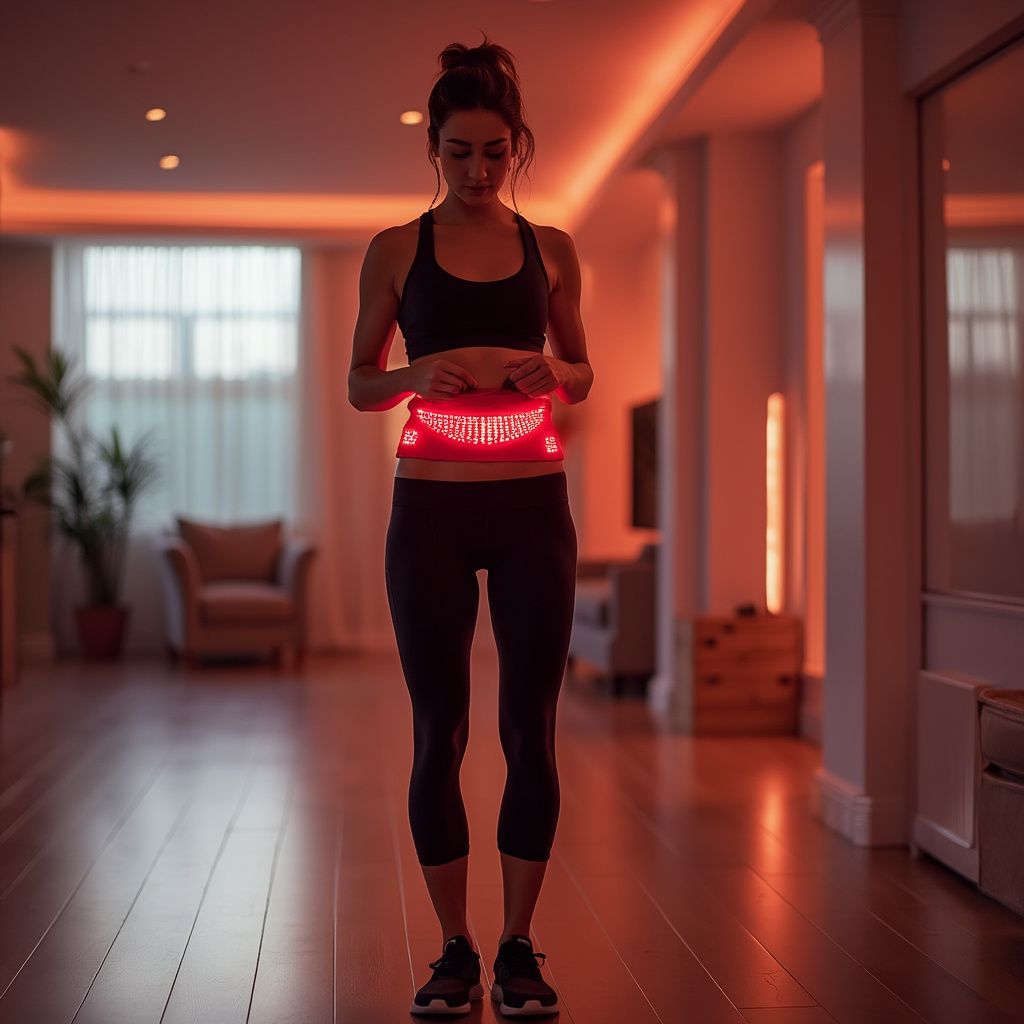

Deixe um comentário
Este site está protegido pela Política de privacidade da hCaptcha e da hCaptcha e aplicam-se os Termos de serviço das mesmas.